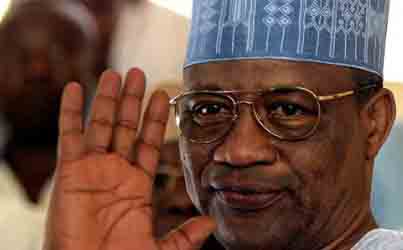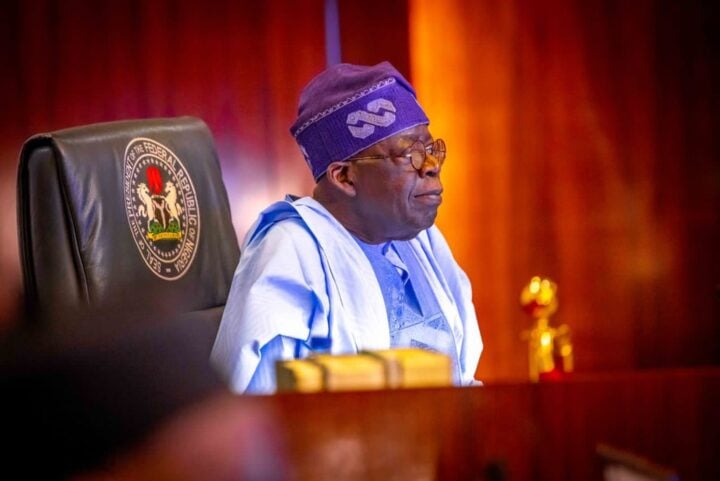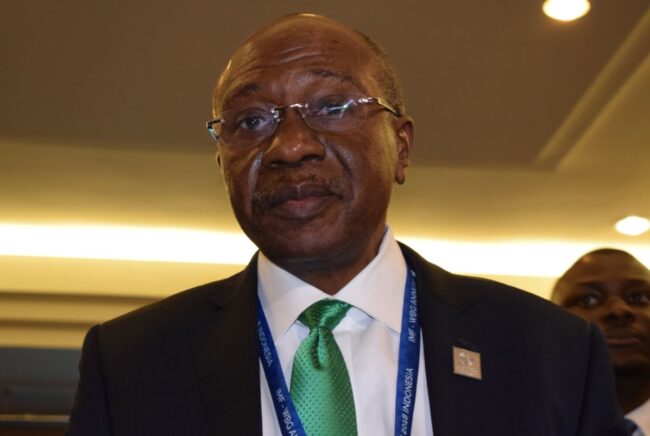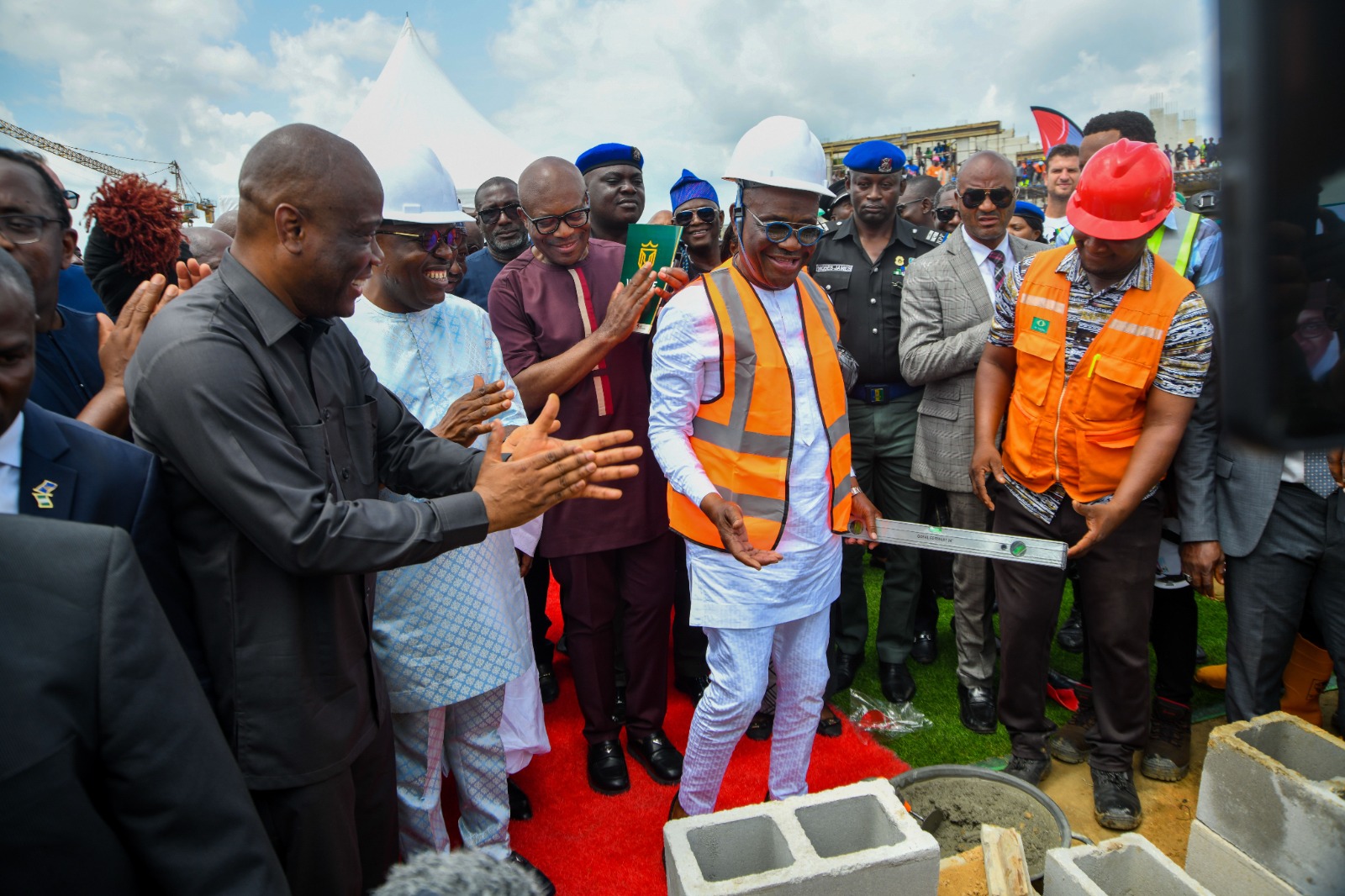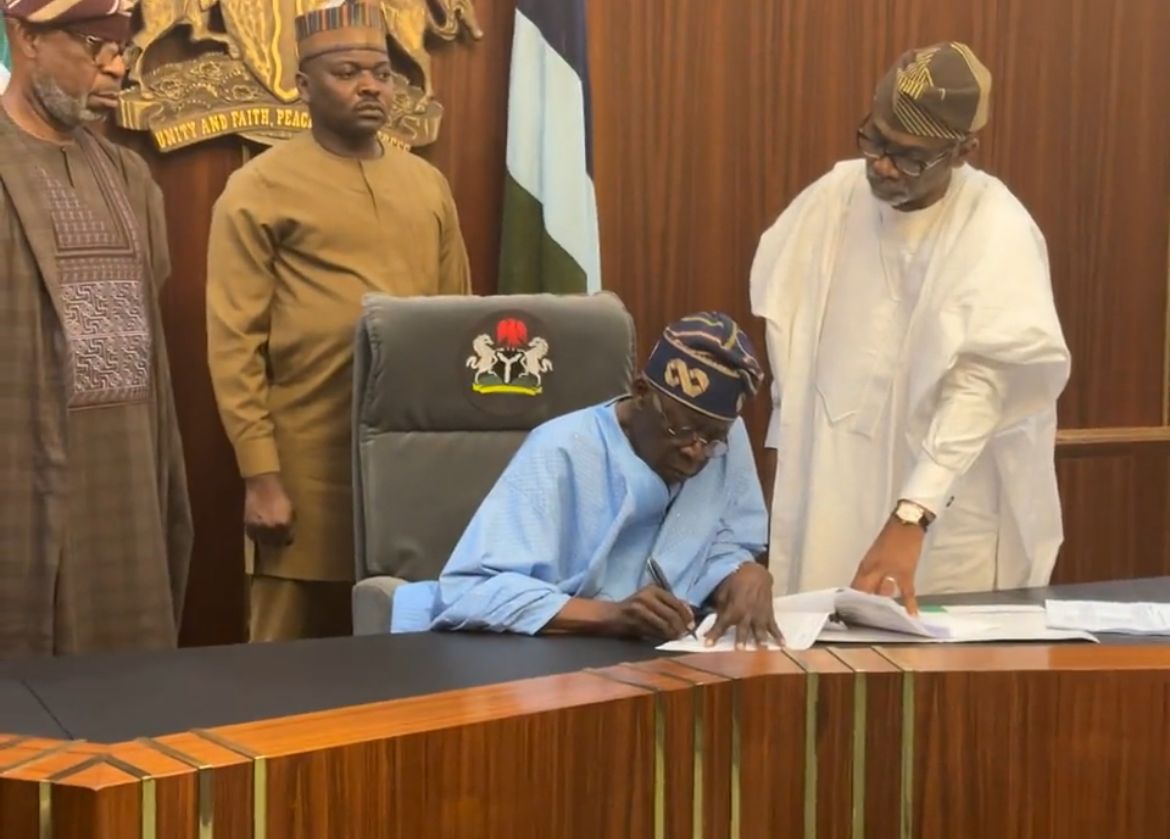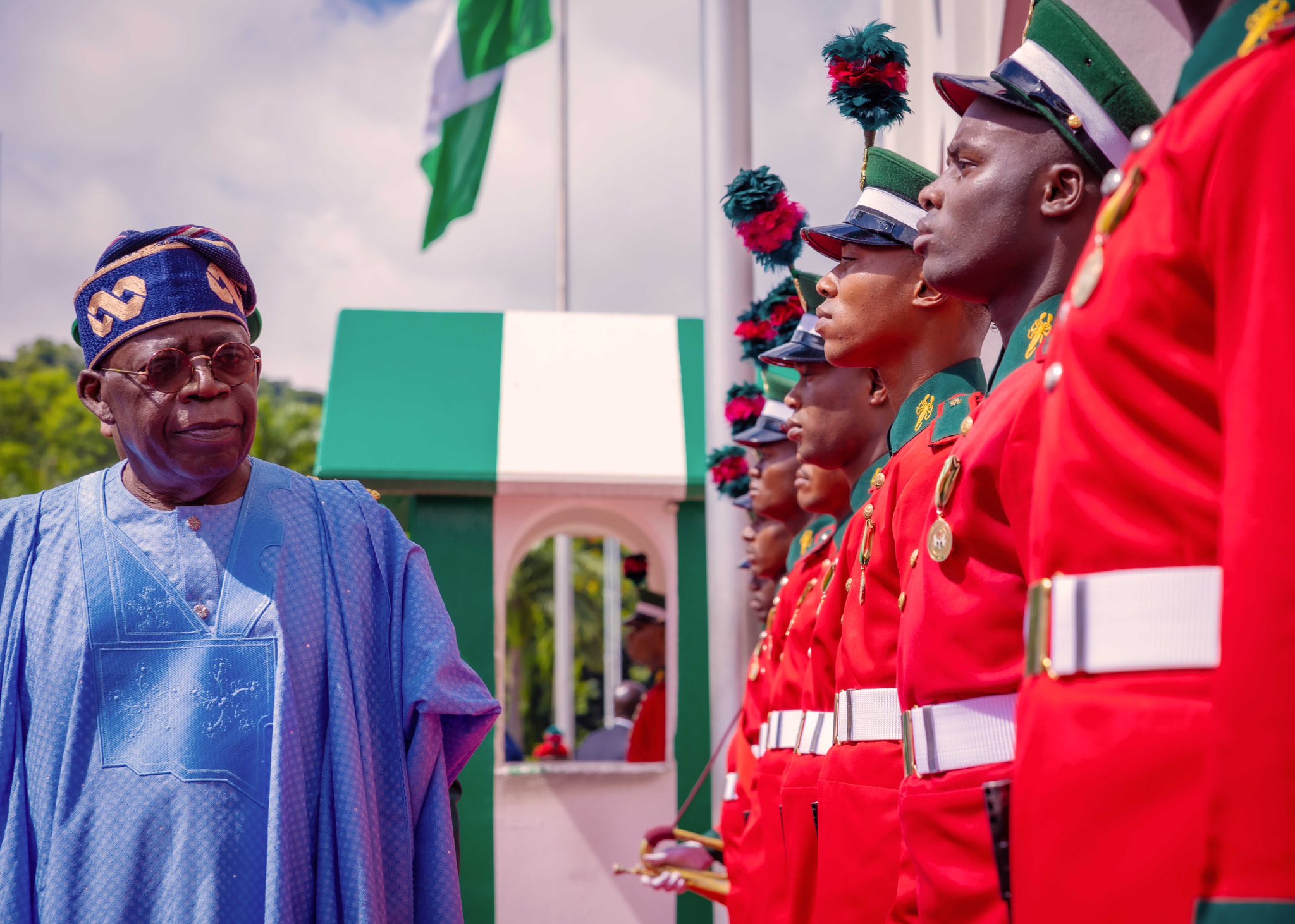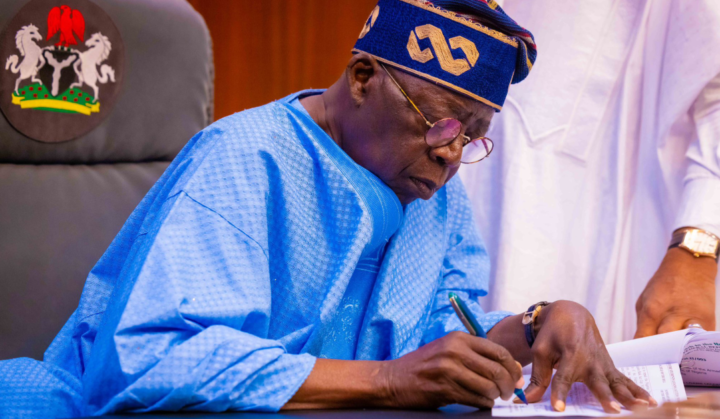A cursory look at Nigeria’s rather faltering economic indices shows that both the information and communications technology (ICT) and finance sectors have been resilient, despite high inflation, high unemployment, a difficult business environment, and 63% of people living in multidimensional poverty. This elicits some more discourse about the man, General Ibrahim Badamosi Babangida (IBB), Nigeria’s military head of state from 1985 to 1993, whose legacy is mostly associated with the June 12, 1993, presidential election which his administration conducted, and annulled.
Why discuss IBB within the context of these resilient sectors of the Nigerian economy? Well, a proper understanding of the current trajectory of these sectors will require a bit of economic policy history of the past few decades. This will include some of the liberal economic reforms of the IBB administration anchored by the likes of Dr. Chu Okongwu and Chief Olu Falae, among others. The reforms covered not just ICT and finance, but also education, broadcasting, and other sectors. While many at some point saw those reforms as leading to a socioeconomic decline in social services such as education, healthcare, and the dissipation of the country’s middle class, the resilience of these sectors today, and their contribution to what is Nigeria’s middle class, cannot be faulted.
The liberalisation of the ICT sector can be traced to the Decree 75 of 1992 when IBB was head of state which led to the establishment of the Nigerian Communications Commission. This enabled the National Telecommunications Policy (NTP) of 2000 which was given legal backing by the Nigerian Communications Act (NCA) of 2003 that brought the NTP into legal force. Due to these reforms, which broke the monopoly of the government-owned Nigerian Telecommunications Limited (NITEL), Nigeria has moved from 400,000 fixed phone lines and less than 200,000 regular internet users in 1999 to 222.5 million phone users and 154.8 million internet users in 2022.
Also, the sector’s contribution to gross domestic product (GDP) has risen from 3.08% in 2001 when the significant implementation of the policy began to 16.22% of GDP in 2022. This has come with the attendant increase in the number of jobs, tax revenue, and contribution to the effectiveness and efficiency of other critical sectors of the economy.
Advertisement
The financial sector liberalisation reforms under the same Babangida administration led to the emergence of ‘new generation banks’, which were more tech-savvy and innovative and provided good competition to older banks. Supported by the Banks and Other Financial Institutions Act (BOFIA) 1991 (and amended in 1997, 1998, 1999, 2002, and 2004), this IBB reform has supported the branch expansion approach of many of the newer banks, which has subsequently enhanced the real estate sector of the economy, as well as the ability of Nigerian banks and financial institutions to finance major economic and business undertakings.
With an industry staff strength of 77,690 employees in 2017, the reform ensured that the regulator was able to make good and independent decisions that enhanced the growth and performance of the financial sector. Nigerian private banks such as UBA, Zenith Bank, and Access Bank now have branches and operational presence in many African countries, the United Kingdom, the United States, China, France, United Arab Emirates, among other major countries. The contribution of the finance and insurance sector to real GDP totaled 4.25% in Q2 2022.
Between the telecommunications and finance sectors, a ‘handshake’ of sorts has taken place, with the emergence of financial technology (fintech) companies, mobile banking operations, and other related activities. Mobile network operators such as Globacom, MTN, and Airtel have acquired payment service bank (PSB) licenses from the Central Bank of Nigeria which have allowed them to commence the provision of financial services. In turn, both sectors have been further deepened, thereby attracting investment into Nigeria and creating jobs. For more context, Nigerian fintech companies have received the most foreign investment in the sector, compared to other African countries. Nigerian fintech companies raised venture capital funding of $1.2 billion in 2022, followed by Kenyan fintech companies with $1.1 billion and their Egyptian counterparts, $820 million.
Advertisement
For the broadcast media, similar liberalising reforms such as the partial commercialisation of public media stations in the 1980s and the Decree No. 38 of 1992 under the IBB administration, establishing the National Broadcasting Commission, have endured. This has led to the expansion of the media space, job creation, social enlightenment, democracy, free speech, and liberty, with spin-offs in broadcast revenue for sports and entertainment. Private media such as Arise TV, Channels TV, and the pioneering African Independent Television (AIT) have become established continental broadcast media brands. As a complimentary fixture, the ICT reforms and its complementary extended internet access, have expanded the domestic and international reach of both private and public broadcasting organisations. This is in contrast to days of only government-owned media such as Daily Times and NTA, which allowed for too much government interference.
Similar reforms also occurred in the education sector following the promulgation of Education (National Minimum Standards and Establishment of Institutions) (Amendment) Decree No. 9 of 1993. This law, which repealed Decree No. 19 of 1984, and stipulated new guidelines on the establishment of private universities, increased access to education for Nigeria’s growing population, research and development, as well as providing alternatives and much-needed healthy competition for public schools. A number of private universities such as Afe Babalola University and Covenant University now rank among the better universities in Africa.
These liberalised sectors contributed to making Nigeria the largest economy in Africa, after the rebasing of GDP in 2014, with an increase in aggregate output from $270 billion to $510 billion. Telecoms accounted for more than a quarter of the increase, and the policies when given more implementation impetus from May 1999 also contributed to reverse migration at some point between 2003-2015.
All these sectors have, in some ironic twist of history, regrown an emerging middle class in contrast to criticisms about how liberal economic reforms by IBB dissipated Nigeria’s middle class.
Advertisement
Still on ironic twists in history, one may notice the way the growth trajectory in these sectors gained traction from 1999, years after IBB made these policy decisions. This can be explained by the lack of drive by his military head of government successor from 1993 to 1998, General Sani Abacha, to continue with such reforms. It was a strange twist because IBB and Abacha were reputed to be quite close and should have shared the same worldview. More on Abacha later.
The reforms commenced by IBB in another historic twist gained traction under his senior in the military, General Olusegun Obasanjo, during his second stint as head of state, this time as elected president from 1999 to 2007. The Nigerian Communications Act of 2003 and the banking sector reforms of 2005 are examples of policies that evolved from reforms under IBB. Also, while the IBB administration was largely responsible for building Abuja as a modern city, Obasanjo was responsible for restoring planned development to the city after its planned developments had been severely distorted by governments that succeeded IBB.
In contrast to IBB, however, Obasanjo has serially documented his experiences in various books. He has gone further to even write the book titled ‘Nzeogwu’, for Major Chukwuma ‘Kaduna’ Nzeogwu, his close friend and one of the leaders of the January 1966 military coup, something found offensive by some. IBB is yet to document his experiences.
As Nigeria continues to evolve, it is important for Nigerians to understand the thought process of those tasked with political leadership. Like in developed climes, it goes a long way in planning and leadership selection.
Advertisement
Back to Abacha. It does not help that there is a dearth of verifiable literature on what his worldview and orientation were. According to some tales, when asked by some close allies why he named the Abuja International Airport after Rt. Hon. Nnamdi Azikiwe, Nigeria’s first indigenous governor general, and president, he retorted that Azikiwe actually believed in Nigeria’s unity, unlike many Nigerian leaders in Azikiwe’s time and succeeding decades whom many erroneously assumed to so believe in Nigeria’s unity. Nigeria’s experience with one of her past presidents, who is on record to express his preference for a neighbouring country and aggressively championed the provision of infrastructures in that other country in his time as president proves Abacha right.
Abacha is also reputed to have named a major street in Abuja housing many government institutions after General Aguiyi Ironsi, Nigeria’s first military head of state. Ironsi was killed in the July 1966 counter-coup by military officers and men supposedly with the same political orientation at that time as Abacha. There is also the recent tale by late Abacha’s chief security officer where he explained that public funds stashed and recovered from foreign accounts, owned by Abacha and his cronies, was a strategy by Abacha’s government to ensure Nigeria had external reserves while circumventing sanctions imposed on the government by the international community.
Advertisement
While Abacha’s commitment to the creation of Bayelsa state, which assuaged some of the political and democratic concerns of the Ijaws is well documented, Abacha is also reported to have curiously asked one of his military colleagues during the clamour by Nigerians for the revalidation of the June 12 presidential elections, “Dogo, menene democracy sef?”.
We may never know the thoughts Abacha had about democracy or what it meant to him, especially for someone who it was said got five political parties under his military administration to adopt him as their sole presidential candidate. To add that the National Hospital Abuja, promoted and built under the influence of his wife Maryam Abacha, still stands as ironic testimony to some relatively unmatched human development by the military. If there were reliable literature on Abacha, then there will be less speculation on what is attributed to the late dark-goggled and taciturn head of state, and what is valid.
Advertisement
History sometimes evolves in a non-linear fashion. While there are other not-too-positive political actions that IBB may be better remembered for, an assessment of Nigeria’s socioeconomic trajectory in recent decades shows that certain sectors, especially ICT, finance, broadcasting, and education where he introduced liberal and market-friendly policy reforms, have not only resiliently developed sustainably but are largely responsible for Nigeria becoming Africa’s largest economy.
Therefore, as IBB ages gracefully, we take some liberty to ask that he please write a book that may explain some of the roles of Sani Abacha and maybe June 12. This should hopefully not be too much to ask of someone that Nigeria has been good to and offered a fulfilled public life climaxing as military head of state from 1985 to 1993. Perhaps, that will further contribute to understanding factors that will enhance a ‘Better Life Programme’ for Nigeria, which his beautiful Asaba-born wife, Maryam Okogwu Babangida championed as Nigeria’s first lady, especially for millions of women and children in Nigeria.
Advertisement
Uwanaka writes from African University of Science and Technology, Abuja. He can be reached via [email protected]
Views expressed by contributors are strictly personal and not of TheCable.
Add a comment

